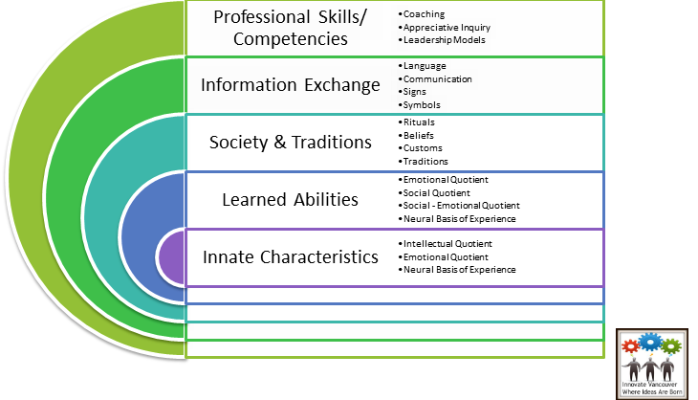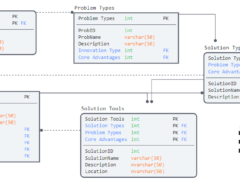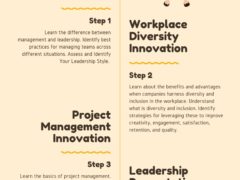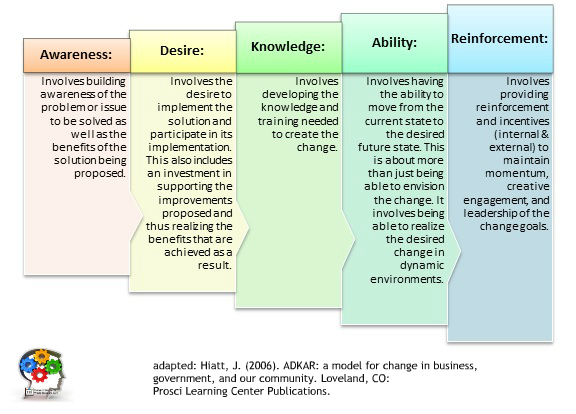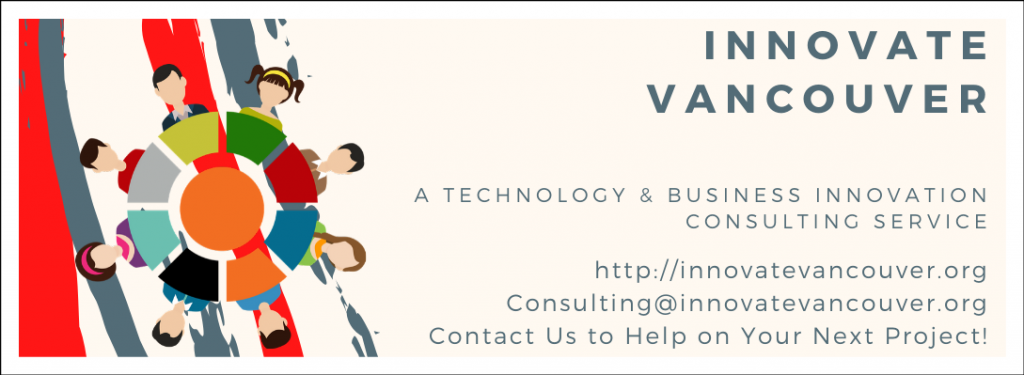During my career I’ve always been fascinated with the diversity of normative models available to help consultants, managers, and the general public to identify best practices and outcomes for relationship management. As a complex area of study, the normative theories surrounding relationship management evolve over time with new findings in neurology, psychology, socio-cultural studies, anthropology, intelligence, and communication (to name a few). The challenge has always been to identify which theories to choose from as well as which normative outcomes (or expectations) to prioritize.
A Possible Hybrid Model
During a recent online group collaboration around best practices surrounding diversity and emotional intelligence – I was introduced to the Conversational Intelligence (C-IQ) model. The Conversational Intelligence model (C-IQ) developed by Judith E. Glasser (2016) represents a hybrid model that brings together key elements of traditional emotional intelligence models (EQ, SQ, SEQ) with linguistics, leadership, anthropology, and professional development models.
By pulling together these different models of intelligence, knowing, relations, and growth – organizations have a stronger ability to develop a systemic model that incorporates the person, the organization, and surrounding resources into the capacity building process. With this insight professional development policy, trainings, frameworks, and guidelines can be better planned to achieve their goals.
The skill competencies needed for effective relationship management are indicated in a publication drafted for C-IQ Training (Judith Glasser, 2016):
- Co-Creating Conversations
- Humanizing Conversations
- Navigating Conversations
- Generating Conversations
- Expressing Conversations
- Synchronizing Conversations
According to this model these relational competencies are strengthened as the interaction moves from Transactional, to Positional, to a Transformational approach (Glasser, 2016). These are referred to as ‘levels’ in the C-IQ model and used to evaluate progress. The model also emphasizes the role of language in co-creating experience and the ability for positive experiences to produce Epi-Genetic changes in the individual. These new epi-genetic characteristics can then be passed on to others, reinforcing the positive traits.
Models Incorporated in the Hybrid Model
For purposes of illustration, the chart below attempts to outline some of the research-based models incorporated into the Conversational Intelligence (C-IQ) model (Glasser, 2016):
|
Although this analysis is obviously over-simplified there is hope that a systemic model to support professional development can be identified. Looking at the list of models above we can see some indications of a developmental framework that include internal and external factors. When this internal-external dichotomy is considered – trainers, coaches, and consultants have a framework (albeit simplified) for guiding:
- Professional development goals,
- Necessary Components,
- Identifying Resources Needed,
- Drafting Relevant Policies & Procedures for Professional Development,
- Identifying Guidelines for Incorporating Best Practices, and
- Identifies Interdependencies that can Strengthen or Weaken the Professional Development Efforts (to acquire Relational Intelligence skills).
What remains is a developmental model that can be used to guide a multi-systemic approach towards not only professional development but acquisition of relational intelligence competencies as well. The graph below incorporates 5 key models within the Conversational Intelligence (Glasser, 2016) framework as they relate to the internal vs. external dimensions of the individual.
A Systems Approach to Complex Skill Development
Innate characteristics of the individual are described by the following models: IQ, EQ, and the primary neural basis of experience that one is born with. Learned abilities of the individual include EQ, SQ, and SEQ which are influenced by (and in turn influence) the neural basis of influence. The neural basis of influence in the 2nd level are distinguished from the first level in that their expression is influenced by the environment and the individual’s experiences.
The Society & Traditions level includes the ritual, beliefs, and customs of the individual’s culture and traditions. The Information exchange level includes language, communication skills, as well as the signs & symbols of the individual’s culture. The Professional Skills (and competency) development level includes business coaching, using of appreciative inquiry and reflective listening techniques (etc.), in addition to leadership models to lead & inspire.
Each layer of the model represents different opportunities and leverage points to strengthen the individual’s relational Intelligence skills. Each layer is dependent on the previous stage. Similarly, every stage is interdependent with the stage that follows. The professional development of the individual is strengthened across these levels when all efforts, abilities, and resources are aligned.
Framework Components to Support Epi-Genetic Growth
It is unclear which of the components of a hybrid model is considered more significant than the others. But what is clear that the development of TRUST and activation of the Positive Emotional Attractor (Boyatzis, Rochford, & Taylor in press) neural-network is crucial towards facilitating epi-genetic changes in the individual. These factors, combined with co-created learning experiences, help to reinforce adaptive competencies for healthy relational exchanges. Coaching, leadership, and mentoring relationships are dependent on trust and activation of the Positive Emotional Attractor in order to inspire growth.

Just as important as building of Trust and activating the Positive Emotional Attractor (Boyatzis, Rochford, & Taylor in press) is the ability to recognize when the coached is unable to facilitate these on their own. Through consultation, engagement, and thoughtful inquiry the coach is able to explore the individual’s style and evaluate how it is received by others. Strategies and resources can then be identified based on the identified gap between current skills and the desired state (Boyatzis, Rochford, & Taylor in press).
A Systemic & Developmental Framework for Complex Skill Acquisition
The following chart depicts a professional development framework (for developing relational Intelligence) that begins with the individual’s innate abilities and progresses through successive stages that incorporate supports and experiences from the environment.

The remaining questions then focus on who takes lead on the individual’s professional development, what resources are needed & who has access to them, what internal/external factors need to be taken into consideration when identifying best practices (and expected outcomes), and whether or not the best practices or expected outcomes are sustainable in the immediate environment.
Prioritizing Support Components
Another way to conceptualize this systemic approach to professional development incorporating another look at the internal (innate) vs. external (learned) dichotomy is included below.

It is admitted that the above model is oversimplified wherein cross boundary relationships exist. What is more important is the insight that the professional development of Relational Intelligences (and Social-Emotional Intelligence) can be learned; how this is pursued, and the supports that are needed, is dependent on the individual. It is proposed that a systemic approach that incorporates resources and supports from the environment will greatly strengthen (and possibly hasten) the development process.
Conclusions
Implementing the above framework begins with an assessment of the individual, organization, and surrounding support components. The hybrid model (as depicted in this article) provides a generic framework for organizations, consultants, and training staff to systematically role out and support complex skill acquisition while remaining flexible regarding the outcomes and goals pursued.
By co-creating meaning we are activating the Positive Emotional Attractor (Boyatzis, Rochford, & Taylor in press) and reinforcing Trust at the same time. These remain the bedrock for effective, sustainable, and meaningful engagement and are central to the epi-genetic change necessary for experimentation, openness, relational co-creation of meaning, and resonance.
I would be interested in what other approaches readers use to support a systemic approach to complex skill acquisition. Write your comments below!
Travis Barker, MPA GCPM
Innovate Vancouver
References:
Boyatzis, R.E., Rochford, K. & Taylor, S.N. (in press). The Role of the Positive Emotional Attractor as Vision and Shared Vision: Toward Effective Leadership, Relationships and Engagement. Frontiers in Psychology.
Glasser, J. (2016). Conversational Intelligence (C-IQ). Retrieved March 30, 2016, from http://sed-efca.org/wp-content/uploads/2013/05/Conversational-Intelligence-by-Judith-Glaser.pdf
Glasser, J. (2016). Conversational Intelligence® for Coaches Live Immersion Training. Retrieved March 30, 2016, from http://ciqcoach.com/immersiontraining/
Glasser, J. (2015, December 03). Immersion Training Replay: CIQ for Coaches. Retrieved March 30, 2016, from https://www.youtube.com/watch?v=KKZo27knuow
Weiner, C. (2015, December 10). New Epigenetic Research Helps Explain How We Pass Down Both Our Genes And Our Experiences. Retrieved March 30, 2016, from https://www.linkedin.com/pulse/new-epigenetic-research-helps-explain-how-we-pass-our-weiner-d-c-?forceNoSplash=true
Innovate Vancouver is a business development & consulting service and technology startup located in Vancouver, BC. Contact Innovate Vancouver to help with your new project. Innovate Vancouver also gives back to the community through business consulting services. Contact us for more details.
